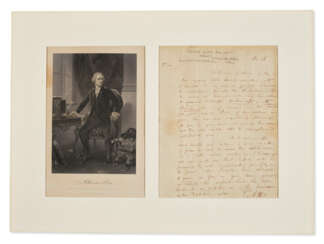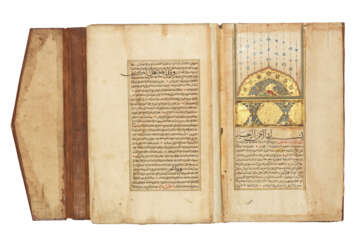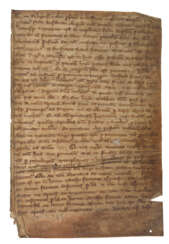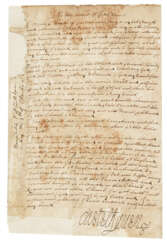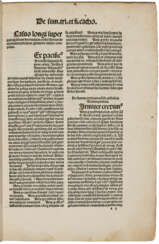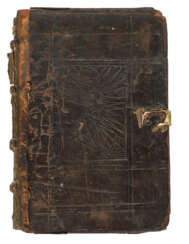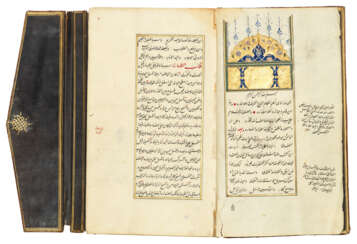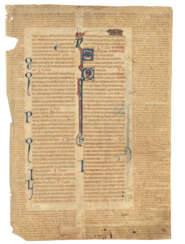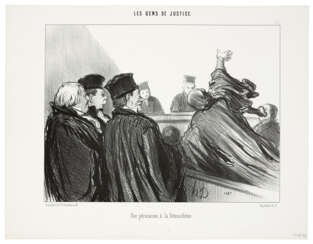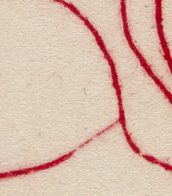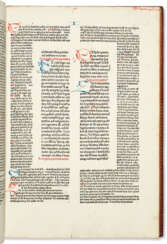law & jurisprudence
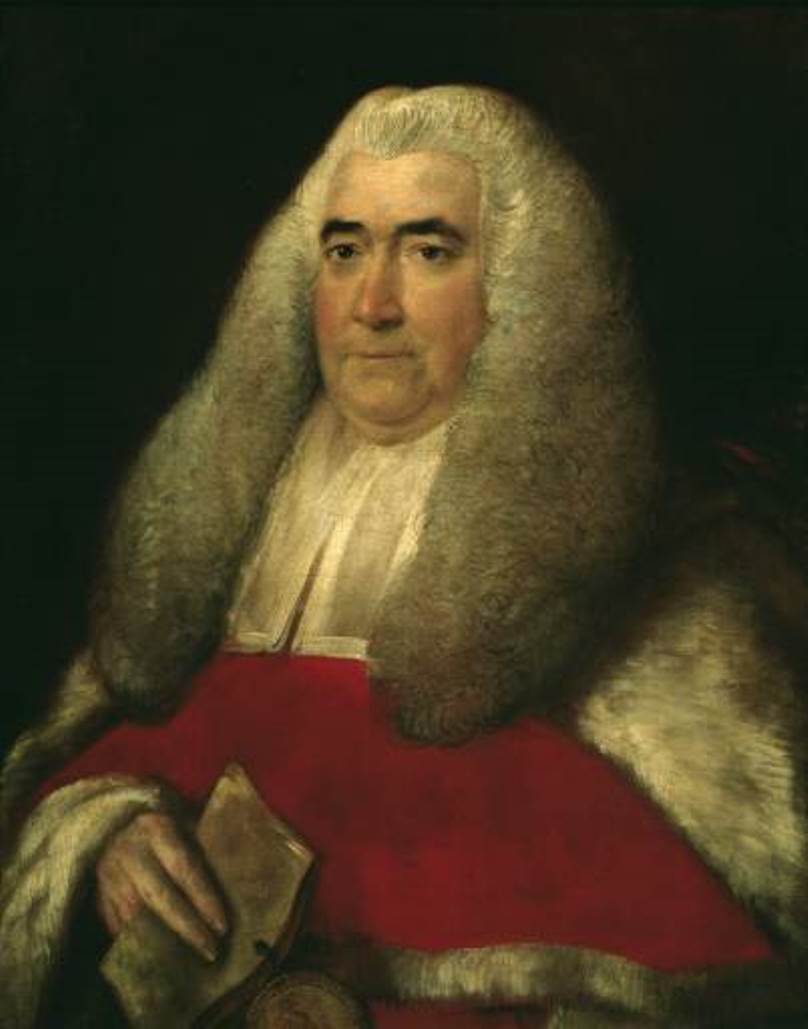

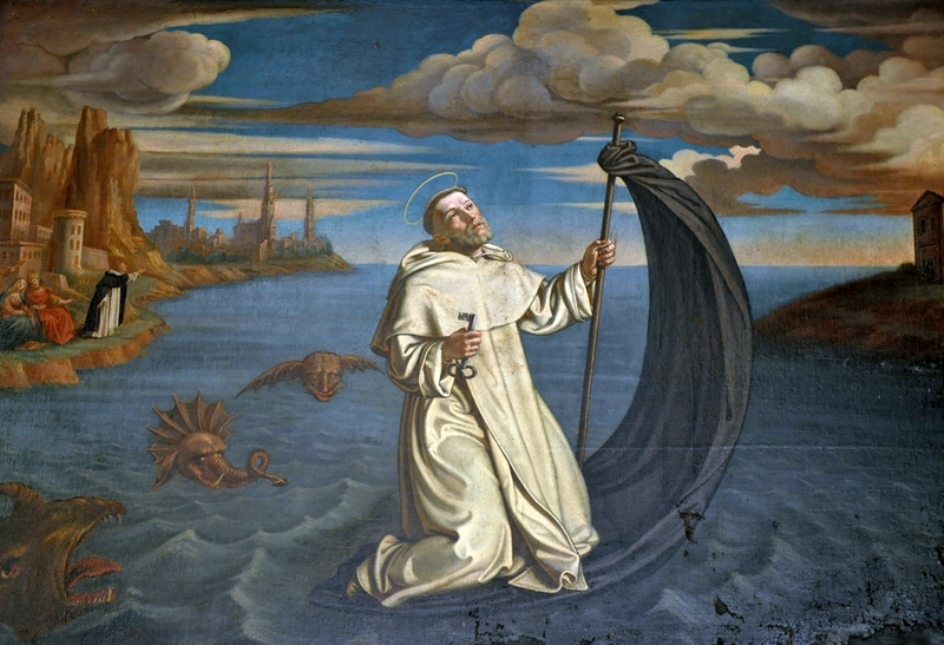
Raymond of Penyafort (Spanish: San Raimundo de Peñafort) was a Spanish theologian, canonist, and Dominican friar who is revered as a saint in the Catholic Church.
Raimondo was an adviser and confessor to the Pope in Rome as well as to kings, particularly James I of Catalonia and Aragon. Together with King James of Aragon and St. Peter Nolasco, he founded the Order of Our Lady of Ransom. The monks of this Order devoted themselves to saving Christians captured by the Moors. One of Raimondo of Peñafort's main goals was the conversion of Jews and Muslims to Christianity, and to achieve this goal he ordered Arabic and Hebrew to be studied and taught in the higher schools run by the Dominicans. He was also among those who founded the Inquisition in Catalonia.
Raimondo died at the age of 100 in Barcelona in 1275 and was canonized by Pope Clement VIII in the same year.
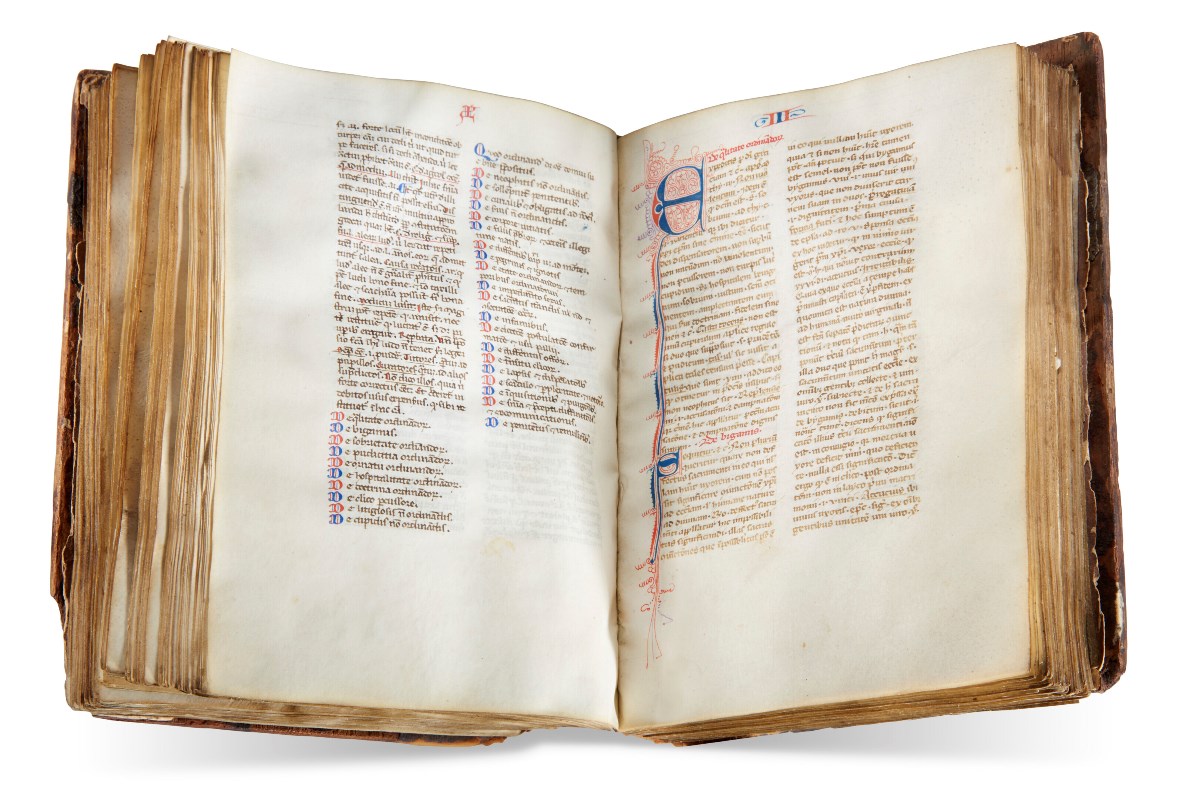
William of Rennes was a 13th-century French Roman Catholic monk, poet, theologian, and expert in canon law.
His commentaries and annotations on the works of the revered Catholic saint Raymond of Peñafort enjoyed almost equal authority in most manuscripts and early editions on academic theology and canon law. William of Rennes also wrote the epic of King Arthur, which is of interest to scholars of literature in that it was the first attempt to transform a medieval hero into a hero of classical eras.

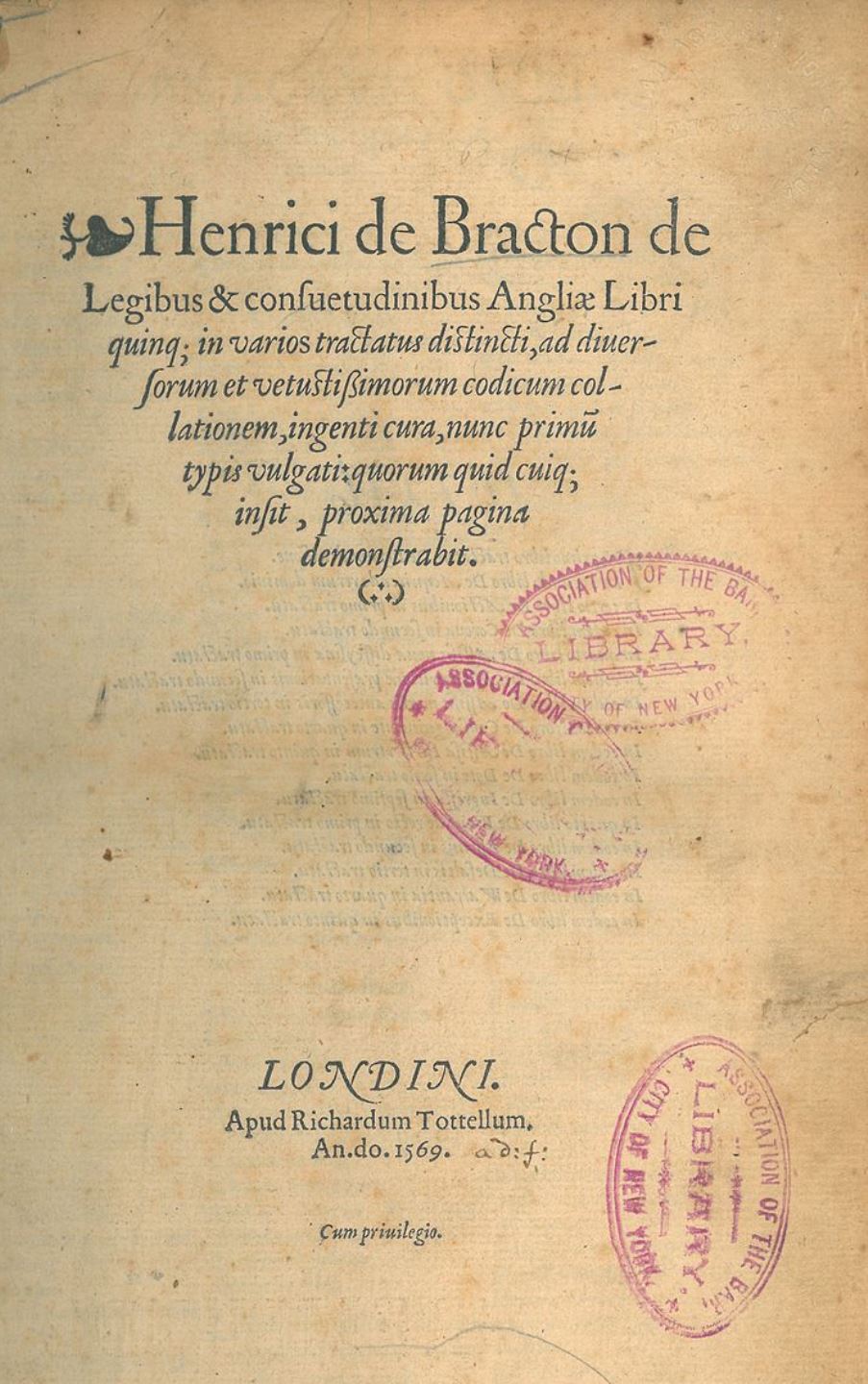
Henry of Bracton (also Henry de Bracton, Henricus Bracton, Henry Bretton) was an English medieval jurist, royal judge, and compiler of the English common law. Bracton came from a wealthy family from Devon and studied at Oxford University and held various ecclesiastical offices, finally becoming Chancellor of the Diocese of Exeter. Bracton also received a legal education, and entered first the service of the famous judge William Raleigh, and in 1239 went into the service of King Henry III. In 1244 Bracton became a judge himself, and in 1255-56 he was a member of the King's Council.
Henry Bracton is famous for his two works, De legibus et consuetudinibus Angliae (On the Laws and Customs of England) and Note Book, which together represent one of the most important attempts to streamline and rationalize English medieval common law. The author constructed his works inspired by compilations of Lombard law and Roman civil law. In his first classical treatise, among other things, Bracton introduced the concepts of mens rea (criminal intent) and precedent. Bracton's work, written probably between 1250 and 1260, was cited in court until the eighteenth century.

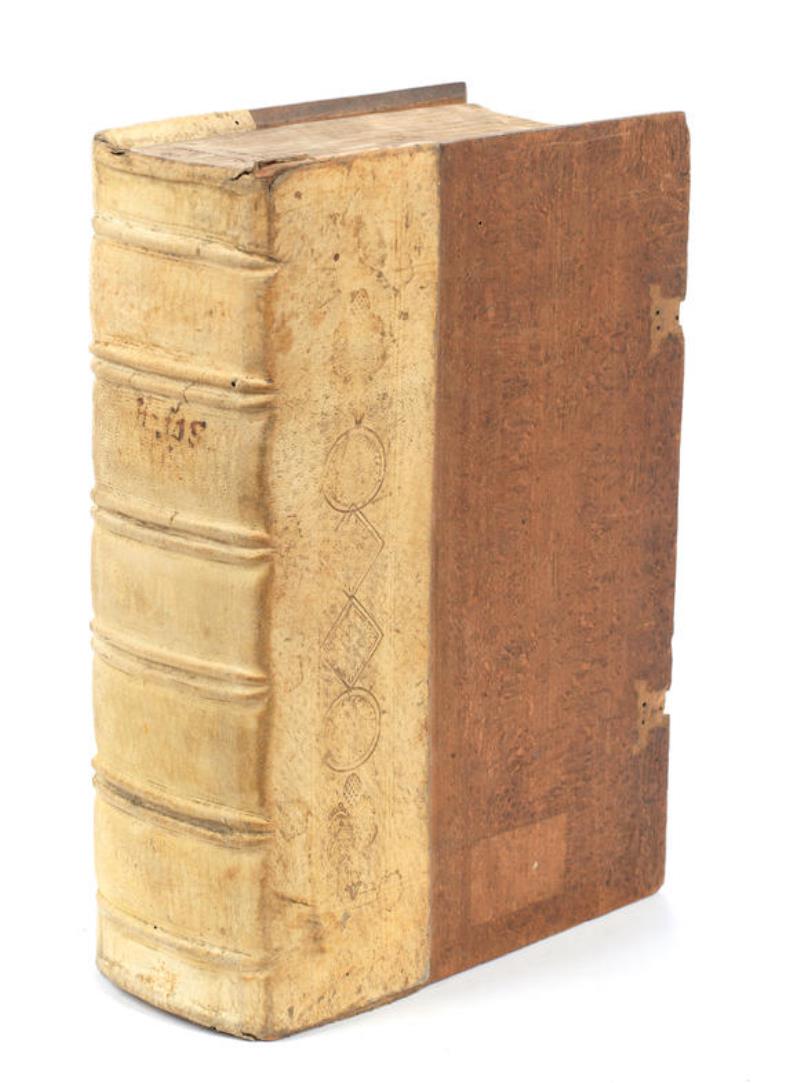

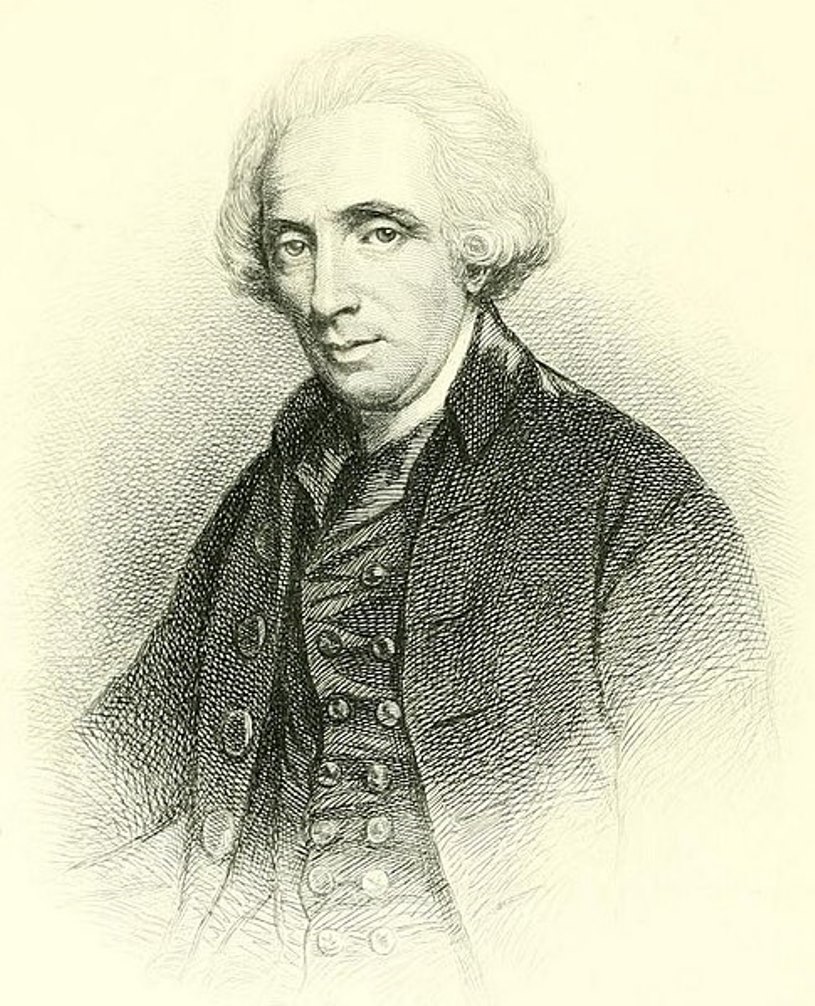

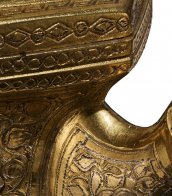
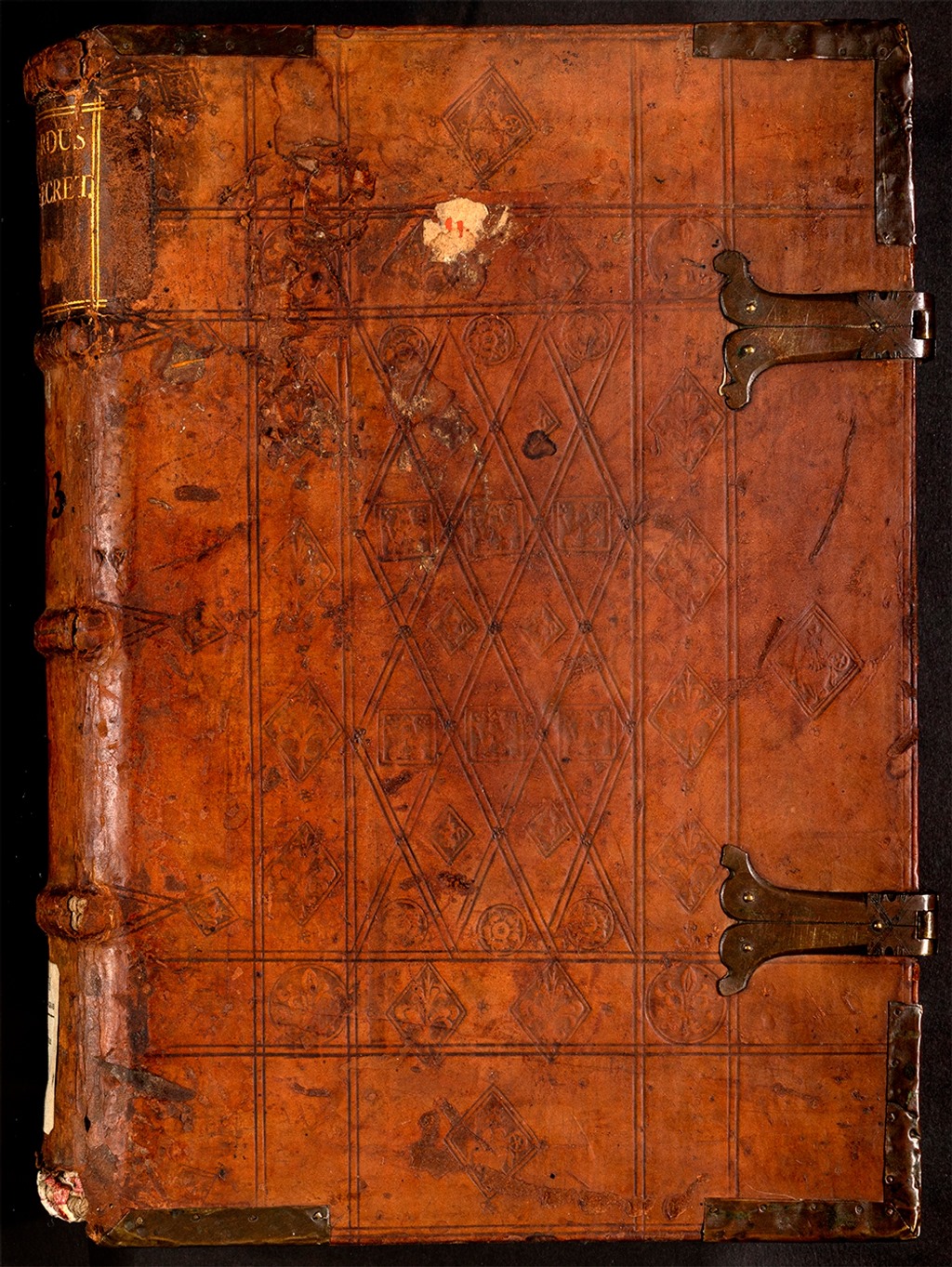

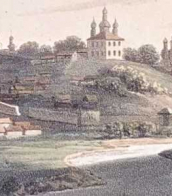

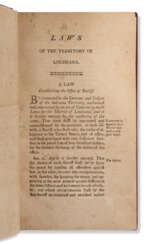

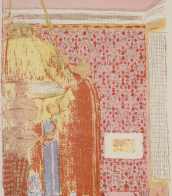
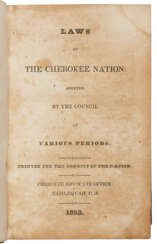

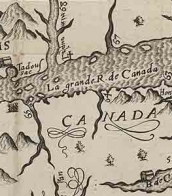






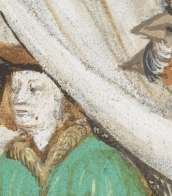
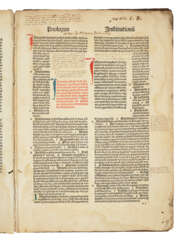

![[ENGLISH INCUNABULUM]](/assets/image/picture_4035971/a8edc/0ebd22a378de66ee83b921ea82fb9ed91720562400jpg__fix_374_244.jpeg)
![[ENGLISH INCUNABULUM]](https://veryimportantlot.com/assets/image/picture_4035971/a8edc/0ebd22a378de66ee83b921ea82fb9ed91720562400jpg__fix_374_244.jpeg)

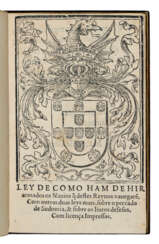

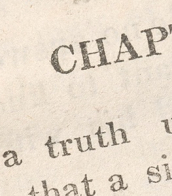
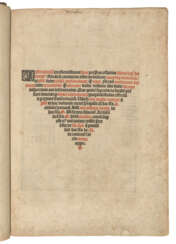


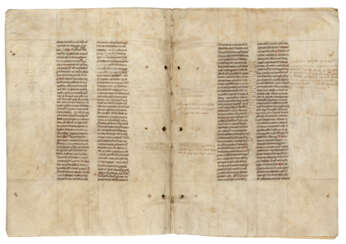

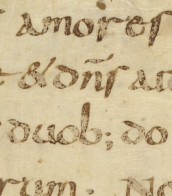


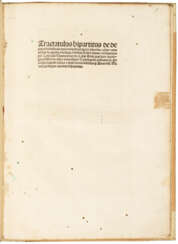

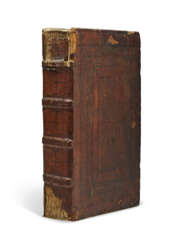

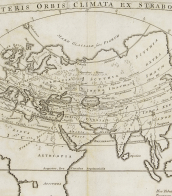


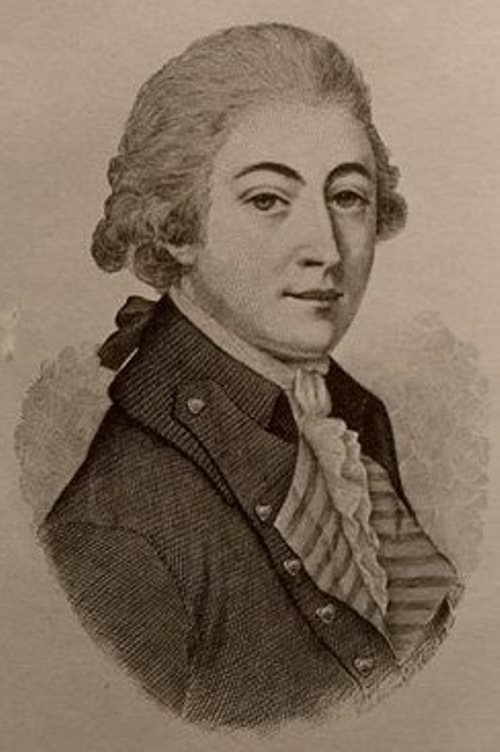


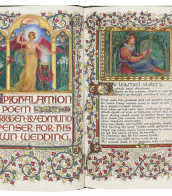


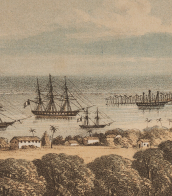


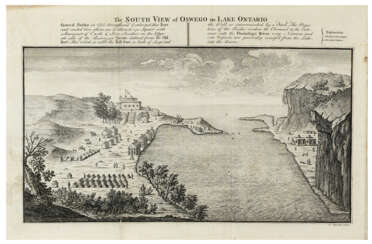

![O primeiro[-quinto] livro das ordenaçoẽs](/assets/image/picture_4944552/4231c/b426523863a4da15a9ae5e4b1348fe611759413600jpg__fix_374_244.jpeg)
![O primeiro[-quinto] livro das ordenaçoẽs](https://veryimportantlot.com/assets/image/picture_4944552/4231c/b426523863a4da15a9ae5e4b1348fe611759413600jpg__fix_374_244.jpeg)
